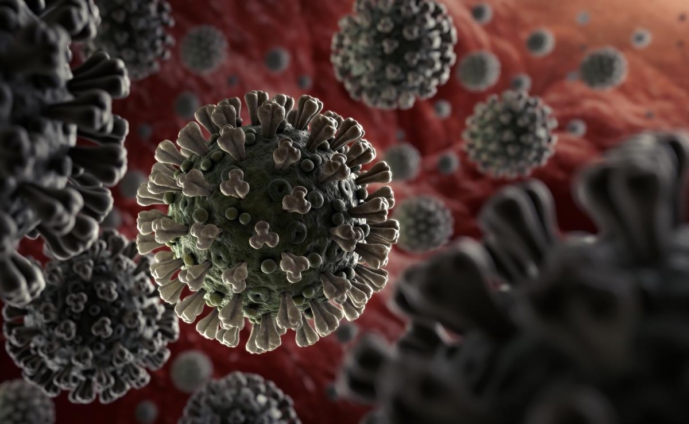IMANI Policy Brief: Don’t let the short-term crisis measures reverse regulatory gains made in supporting prudent fiscal behaviour
The Ghanaian government through the Minister of Finance and Economic Planning on 30 March 2020 outlined a strategy – fiscal measures to mitigate the impact of coronavirus pandemic including the Coronavirus Alleviation Programme (CAP), to manage the impact of the crisis on the Ghanaian economy. To this end, the solutions provided by the Ghanaian government must at the barest minimum address short term risks, with the limited potential of:
1. Damaging long term structural gains, and;
2. Undermining broad economic recovery strategies over the medium term.
Curiously, some of the proposed fiscal measures, leave more questions than answers which the authors set out in the below arguments. Crucially, they suggest what the government could do.
The logic of Ghana’s lockdown-why Coronavirus demands special attention
"The average daily contacts in Ghana’s hotspots would need to drop by about two-thirds for the lockdown to be successful. But to actually kill off the pandemic in these hotspots there would have to be no more importation of cases, and the lockdown would have to last a lot longer than just two weeks......The lockdown of the hotspots is one of the sharper weapons in Ghana’s fight against COVID-19.
It may flatten the pandemic curve if it lasts long enough. But the lockdown is only a treatment for a pandemic, not a cure... Ghana will still have to learn hard lessons about better surveillance, faster testing, and stronger health systems. And we will have to learn them quickly because the battle is not over. Not just yet." Continue reading.
IMANI Center for Policy and Education – 2019 Highlights
On behalf of IMANI’s board, management and staff, I sincerely thank you for your support in 2019. Through your dedicated interest in our work over the years, IMANI continues to help shape public policy and narrow the citizen-governance and accountability gap locally. In 2019, we broadened our scope to undertaking critical analyses in high-valued resources with significant private sector appeal.
2020 is an election year for Ghana and if the interest and the official response to our 2019 manifesto assessment and scorecard for the ruling government is anything to go by, then we will see an interesting wave of interest by all political parties to have IMANI be a barometer for determining the most realistic election promises.
Latest Stories
-
Excitement peaks at Hitz FM’s ‘Rep Ur Jersey’ ahead of UCL final at Aviation Social Centre
9 minutes -
2025 Unity Cup: Black Stars hammer Trinidad and Tobago to finish third
31 minutes -
Mid-air turnaround of OP122 flight was due to technical issue, not fuel shortage – PassionAir clarifies
34 minutes -
Support children battling cancer -Lifeline for Childhood Cancer appeals
57 minutes -
Mz Nana shines bright with triple nomination at 2025 Ghana Music Awards USA
1 hour -
What do we lose if suspended CJ hearing is publicised? – Bomfeh questions closed proceedings
2 hours -
Fuel shortage forces Passion Air flight bound for Takoradi to return mid-air to Accra
2 hours -
Bawumia arranged sureties for Wontumi’s release – Hassan Tampuli claims
3 hours -
Wontumi’s bail varying application was instructed by his wife – Tampuli
3 hours -
Manner of Wontumi’s EOCO arrest needless and avoidable – Bomfeh
3 hours -
If the state failed to act yesterday, it is today – Dafeamekpor on Wontumi’s arrest
3 hours -
There seems to be conflict about who represents Wontumi – Dr Kojo Asante
3 hours -
Wontumi’s EOCO arrest and detention violates constitution – Hassan Tampuli
5 hours -
Weakening Dollar: An Opportunity for Developing Economies to Grow
5 hours -
Playback: Newsfile discussed Wontumi’s detention, CJ removal case
5 hours

